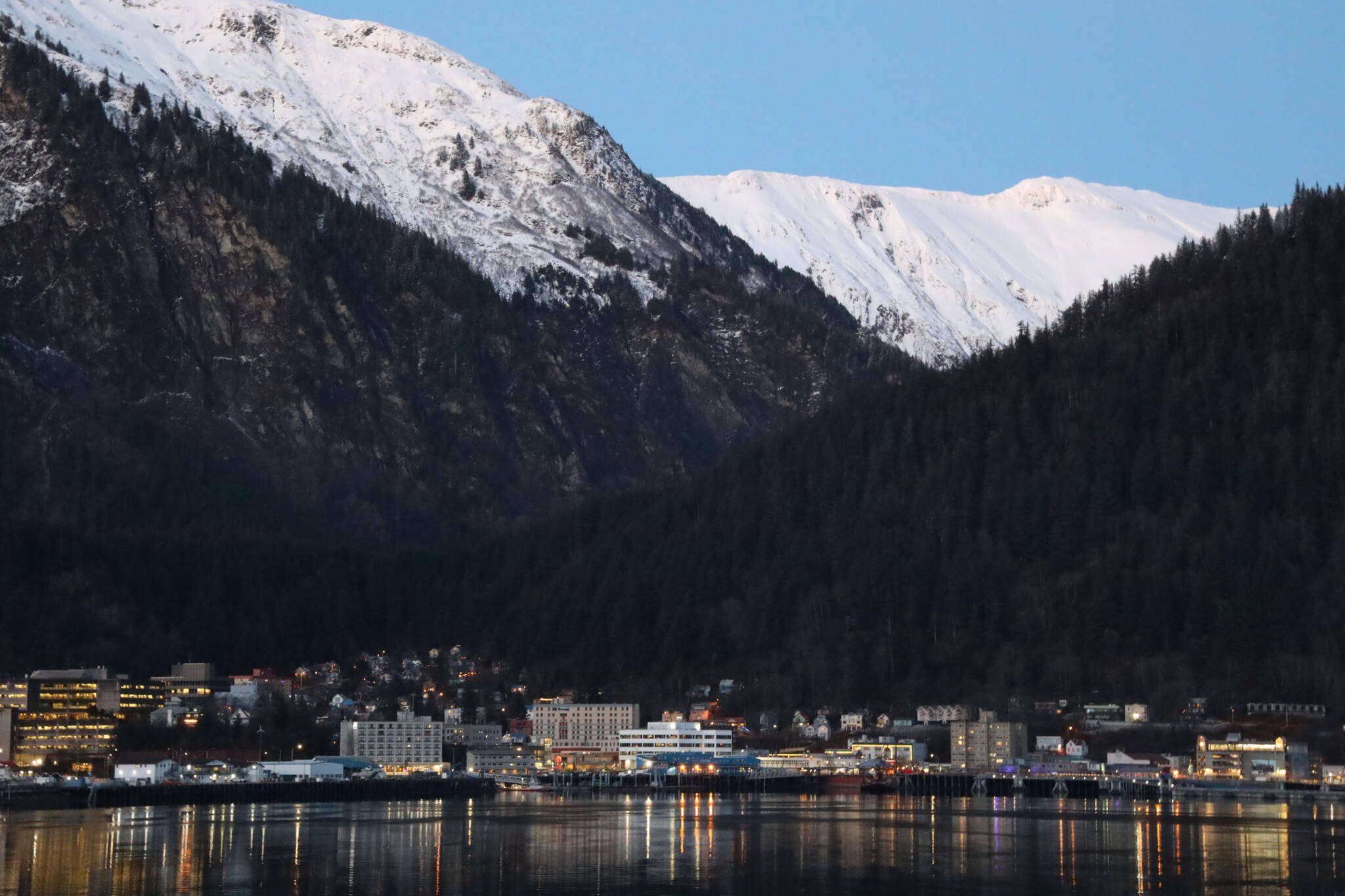The cruise ship free Saturday initiative presents us with a modified lesson in Newton’s law of motion. Every action has a reaction whether it’s equal of not. The initiative is a response to the doubling of cruise ship tourism during the past 15 years. Rejecting it leaves the problem intact. Passing it shifts the ball to another court where one effect is the loss of sales tax revenue.
Speaking through his comic strip character Snoopy, Charles Shultz might have looked at such choices and said “No problem is too big to run away from.” Richard Bach would take a different approach. In his book “Illusions,” he wrote “There is no such thing as a problem without a gift for you in its hands.”
Whether we’re successful or not, the gift is what we learn when we try to solve problems. In this case, it starts with accepting that for many Juneauites the problem of too much tourism is very real. And recognizing CBJ’s sales tax structure isn’t carved in stone.
A few years ago, the Assembly considered eliminating the sales tax on unprepared food items. One idea to offset the resulting loss of revenue was to increase the tax rate from 5% to 6% on everything else, but only during the summer months.
Last year, Sitka voters approved a seasonal tax plan like that. Skagway has one in which the rates are 5% and 3%, respectively.
In Ketchikan, the city council recently approved lowering its 5% sales tax to 4% during the winter and increasing it to 5.5% during the summer. Combined with the permanent 2.5% Gateway Borough tax, all sales within the city limits are now taxed at 8%.
Travelers are easy marks for other types of state and local tax schemes. For instance, if you rent a car at the airport in Seattle or Denver, the combined taxes and fees you’ll pay are more than 30%. Residents of those cities pay only a third of that if they rent from a local vendor.
Lodging taxes are another way cities and states generate revenue from visitors. In 2019, we voted to increase it here from 7% to 9%. That’s barely half of what out-of-towners pay at a hotel or BNB in Houston or Indianapolis. It’s over 14% in 10 other major cities.
If voters favor a day without cruise ships, raising that tax again could offset some of the loss in sales tax revenue. But because it would primarily impact independent travelers, it wouldn’t be much. Besides, they’re not the problem that the initiative is attempting to address.
Increasing the sales tax in summer hits the target. But just as the 6% tax CBJ considered two years ago wouldn’t have raised enough to balance the revenue loss from not taxing food, it won’t make up for not having cruise ships in town on Saturdays.
Ketchikan tells us it’s possible to raise it up to 8%. Based on other places around the country and around the world, it can be even higher.
The combined state and local sales tax exceeds 8% in 14 states and more than 50 major municipalities. It’s 10% in Japan and Australia and between 15% and 25% in all but three European countries.
Travelers from any of those places would hardly notice if it increased to 10% here. Indeed, compared to the sales tax they pay elsewhere, we’re letting them off too easy.
But Juneau residents won’t be interested in such schemes if it hits our pocketbooks hard too.
That brings me back to non-prepared food item which is exempt from sales tax in more than two-thirds of the states that have one. Could that be combined with a higher seasonal sales tax in such a way that’ll it be revenue neutral or even save local taxpayers some money?
To answer that question, people with more expertise will have to do a lot more work. And even if there is a scenario that doesn’t negatively impact city services or burden Juneau residents with higher taxes, it would take another vote to implement it.
But we’ll never know what’s possible if we’re too easily convinced that having one day a week without cruise ships will move Juneau onto the path of financial ruin.
• Rich Moniak is a Juneau resident and retired civil engineer with more than 25 years of experience working in the public sector. Columns, My Turns and Letters to the Editor represent the view of the author, not the view of the Juneau Empire. Have something to say? Here’s how to submit a My Turn or letter.

